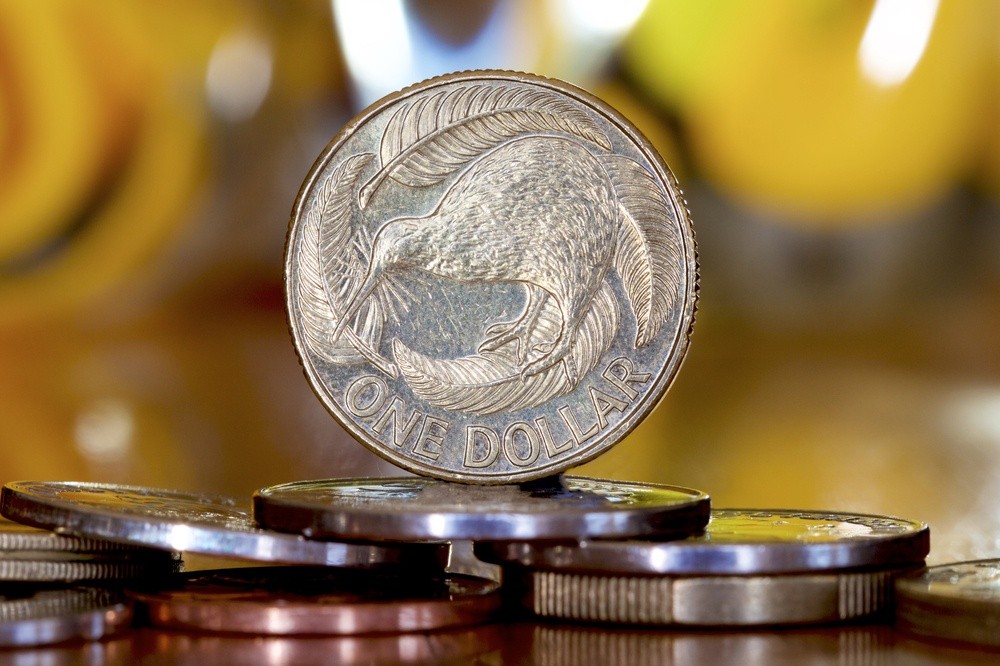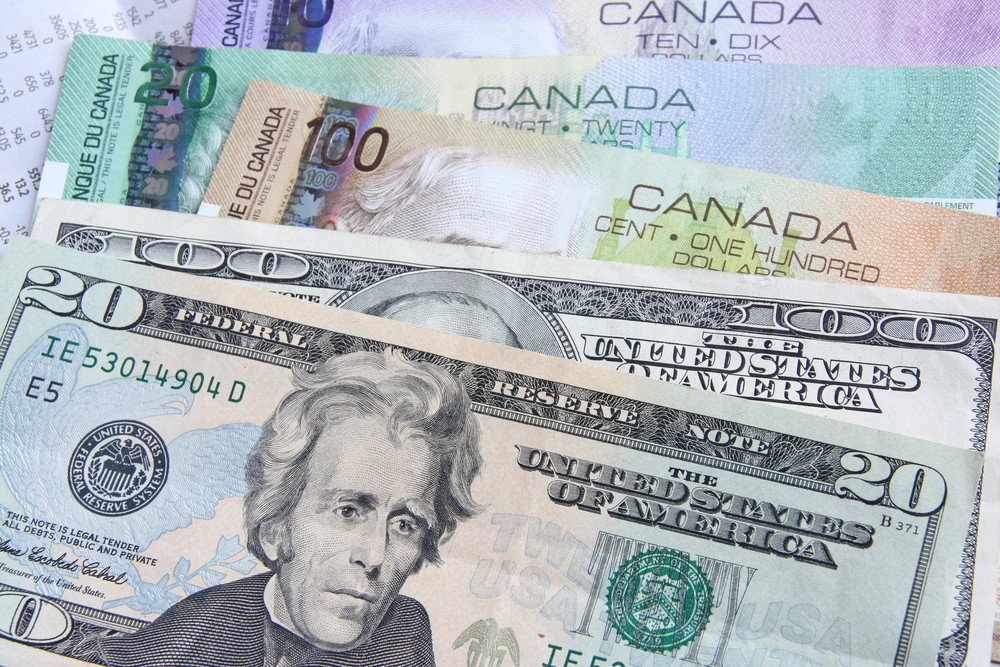Saudi Arabia’s King Salman expressed eagerness to achieve a fair and permanent solution to the Palestinian issue. On a phone call on Sunday, King Salman told U.S. President Donald Trump about the issue. He said it was the main starting point of the kingdom’s proposed Arab Peace Initiative.
This phone conversation followed a historic U.S. brokered accord in August. It was under which the United Arab Emirates agreed to become the third Arab state to normalise ties with Israel. UAE came after Egypt and Jordan did.
King Salman told Trump he appreciated U.S. efforts to support peace. He said Saudi Arabia wanted to arrive at a solution based on the Arab Peace Initiative they’ve proposed in 2002.
Arab nations have offered Israel normalised ties in return for a statehood deal under the proposal. That was with the Palestinians and full Israeli withdrawal from territory captured in the 1967 Middle East war.
Commodities: The Kingdom of Saudi Arabia
Saudi Arabia, the birthplace of Islam, is the site of its holiest shrines. But it does not recognise Israel.
However, this month, the Saudi kingdom said it would allow flights between UAE and Israel. These include Israeli airliners to use its airspace.
White House adviser and Trump son-in-law Jared Kushner also expressed hopes that another Arab country normalizes ties with within months.
So far, no other Arab state has said it is considering following the UAE.
King Salman’s son, Crown Prince Mohammed bin Salman, and Kushner discussed the need for Palestinians and Israelis to resume negotiations. This was for Palestinians and Israelis to reach a lasting peace after Kushner visited the UAE last month.
The United Arab Emirates-Israel deal was met by overwhelming Palestinian opposition.
Meanwhile, in energy commodities, oil prices dropped more than 1% on Monday after Saudi Arabia cut oil prices. It made the deepest monthly price cuts for supply to Asia in five months.
Brent crude was at $42.21 a barrel, down 45 cents or 1.1% by 0439 GMT. This was after it earlier skidded to $41.51, the lowest since July 30.
U.S. West Texas Intermediate crude slid 51 cents, or 1.3%, to $39.26 a barrel. This was after earlier dropping to $38.55, the lowest since July 10.
Countries remains awash with crude and fuel despite supply cuts by the OPEC+. This is along government efforts to stimulate the global economy and oil demand.
Commodity news reported refiners having reduced their fuel output as a result. It had caused oil producers such as Saudi Arabia to cut prices to offset the falling crude demand.











COMMENTS